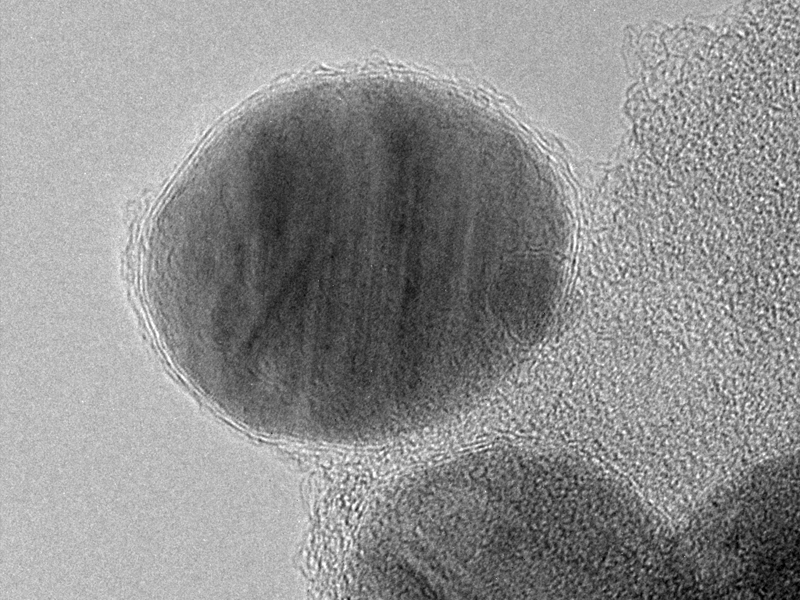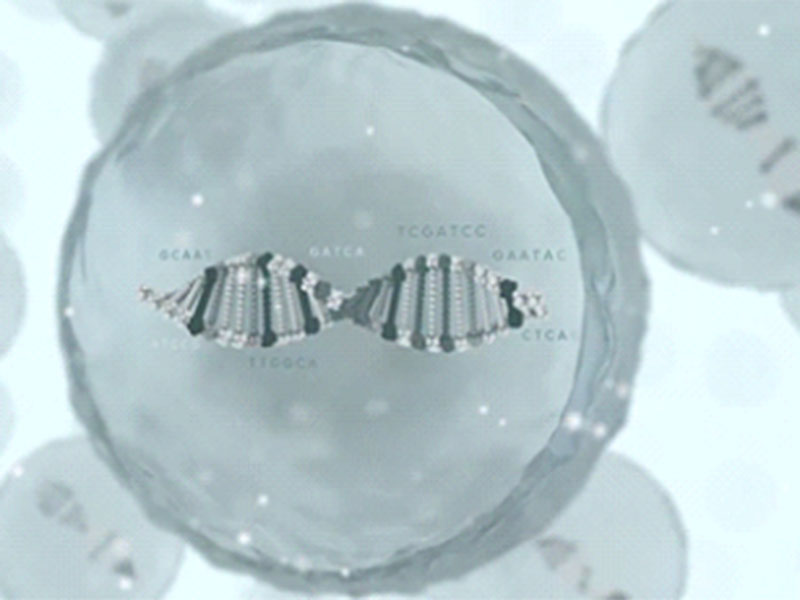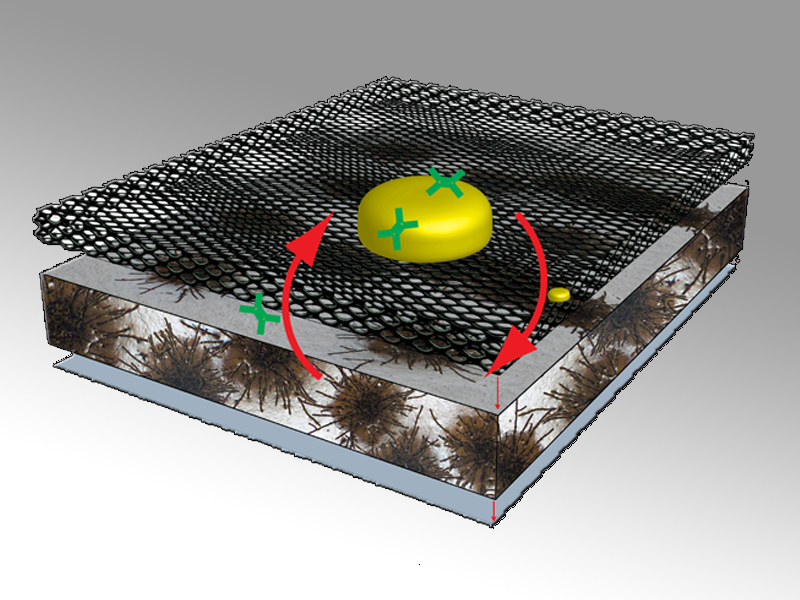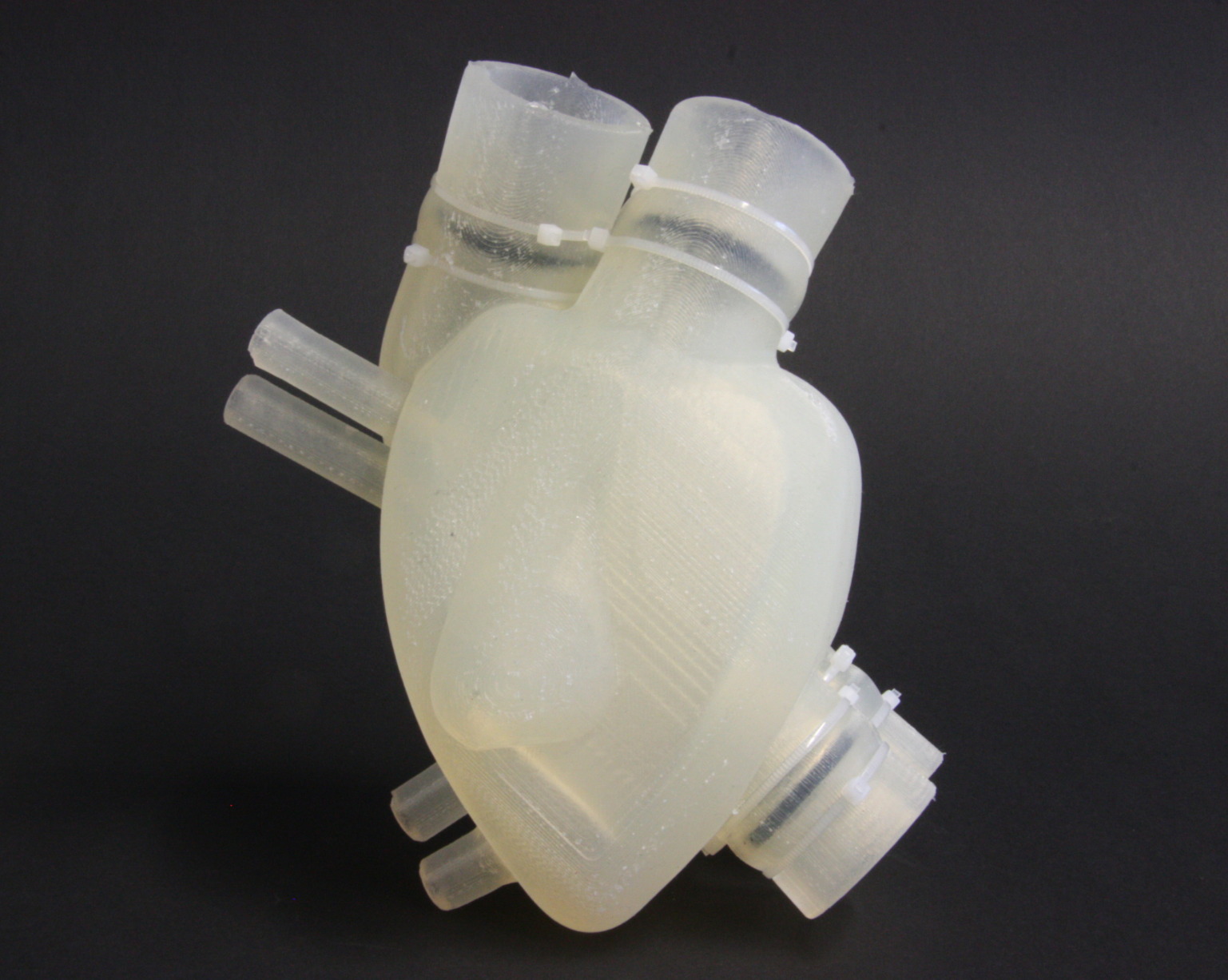Research
Our research combines materials with specific functions for medical or industrial use. We are developing methods to improve treatment concepts, laboratory processes and materials for environmental applications.
Our research group has 15 years of experience in the design and manufacture of inorganic functional nanomaterials. Within our application-driven approach, we employ nanoparticle production and modification to achieve precise control over material properties. Our deep understanding enables us to modify and optimize the performance of our materials for applications ranging from heterogeneous catalysis to energy storage.
Access to safe and clean drinking water remains a global problem, as 785 million people still lack improved drinking water sources (WHO, 2019). We investigate a novel approach to allow distribution of water filters to rural areas in developing countries by local manufacturing.
Ancient DNA is preserved in fossils for over thousands to millions of years. This natural way of DNA preservation inspired our encapsulation of DNA into glass particles. Within the particles, the DNA is hermetically sealed and protected from severe environmental attack, such as from reactive oxygen spieces and high temperatures. Various applications from anti-counterfeit tagging to analytical sensors and data storage are currently under investigation.
Multifunctionality is a strong demand set to the next generation of materials. One way to cope with this trend is the use of biological materials and systems. The result from this research are biomaterials and living materials, which find their way into todays dental materials, sensor technolgy or textile production.
We investigate the development and use of soft robotic pumps for heart transplantation. Our goal is to develop a soft Total Artificial Heart (sTAH) which imitates the heart in its geometry and pumping mechanism. Through this, we hope to address the critical shortcomings associated with the long-term performance of current mechanical circulatory support devices.
The next generation of diagnostic devices will consist of portable point-of-care (POC) devices. Current diagnostic procedures heavily rely on manual steps and on large, expensive machines, making them inaccessible in the field or in economically underdeveloped regions. Our projects focus on the development of single-step platform technologies that enable a wide range of applications with short times-to-result and don’t require any periphery.
- Polymerase Chain Reaction device
- Multi-functional sample holder for one-step diagnostics
- Handheld microfluidic POC device





